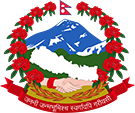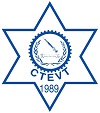The future of Practical Partnerships between public and private sector in TVET
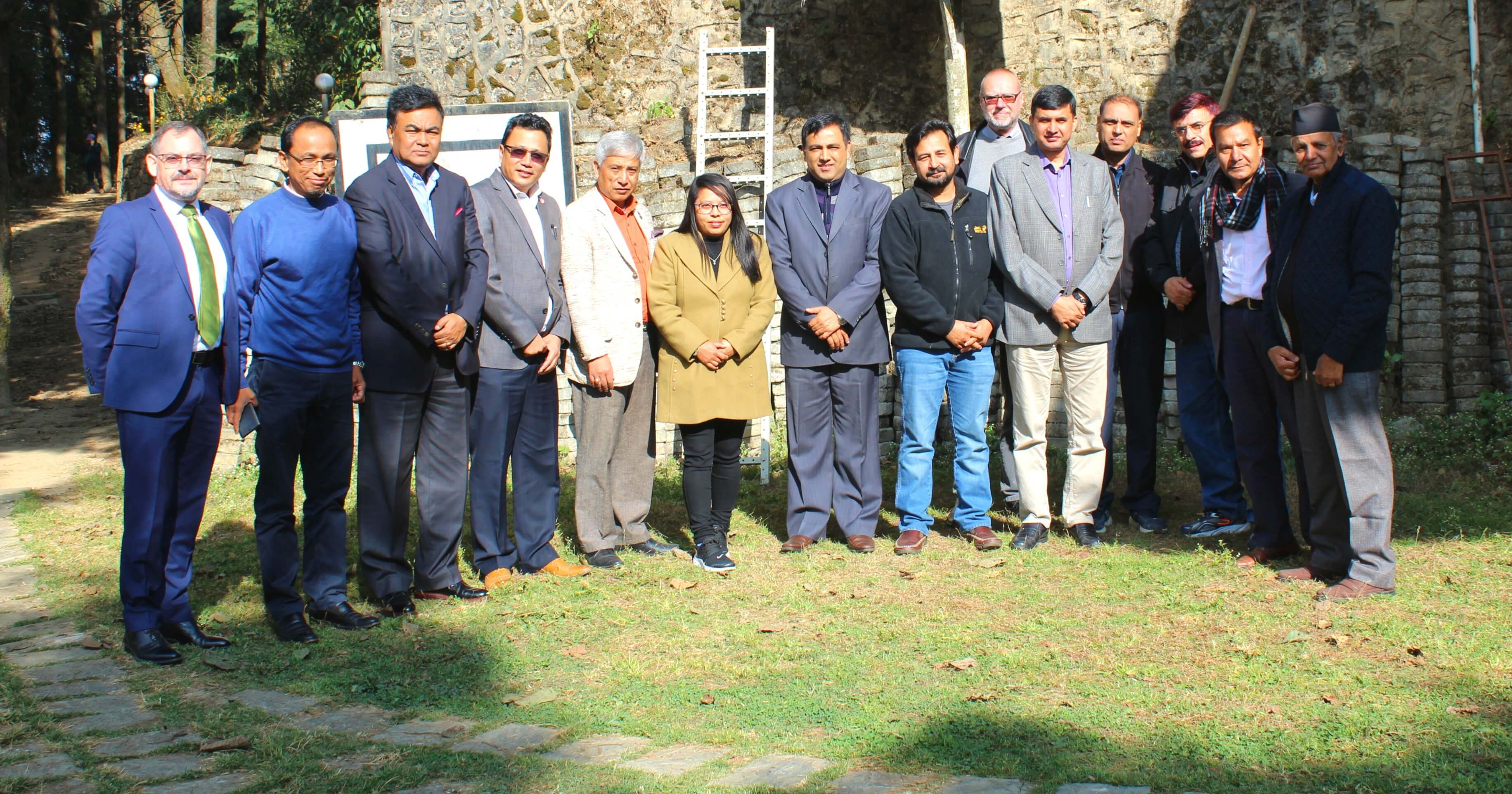 PPP Working Group members with project team
PPP Working Group members with project team
Introduction
The mandate of Dakchyata is to facilitate better employer engagement in TVET through innovative public private partnership projects and policy support to institutionalise the approach. In view of this, a “Public Private Partnership Working Group” (PPP WG) was formed in July 2018 to create a platform whereby both public and private sectors can be effectively engaged; allowing them to work collaboratively on developing policy principles to advocate the most effective ways for the private sector to be more proactively involved in TVET in Nepal. Thus, the PPP WG has representation of the three major partners involved in TVET: Government, business and industry and, training providers.
Methodology and activities
The primary approach has been to build conceptual clarity, expose and share with members good practices of practical partnerships from around the world. Regular meetings and workshops creates space for discussion, sharing of ideas, views and experiences by the members which are stimulated in a participatory approach. It allows them to explore together the potential and possible areas to strengthen employer engagement in TVET. In this regard, a first of such workshop was held in June 2018, following a one-day PPP workshop with wider stakeholders whereby participants were provided with international best practices of PPP. The recommendations from the one-day workshop were then carried forward and intensively discussed by PPP WG in a workshop to determine their relevance and usefulness to the Nepal context. Followed from it was an international exposure visit of key members to Malaysia during which participants were exposed to various TVET PPP policy and implementation models. Participants visited TVET Ministry, Qualification and Curriculum Authority for policy level insights while they also visited employers and training providers to observe implementation models on how employers and employees engage and interact in a practical setting. Thereby, the visit enriched participants on the effectiveness of employer engagement in TVET. A second residential workshop was held in November 2018 to sketch out an initial draft of the TVET Policy Guiding Document to include i) priorities and an implementation plan and, ii) materials and tools to guide all stakeholders in recognising the role of both the public and private sector in TVET. A third of such workshop was held recently in early April 2019. It will continue to gain momentum in 2019 through number of workshops during which the PPP WG will discuss on a string of thematic papers that cover number of building issues for TVET in Nepal.
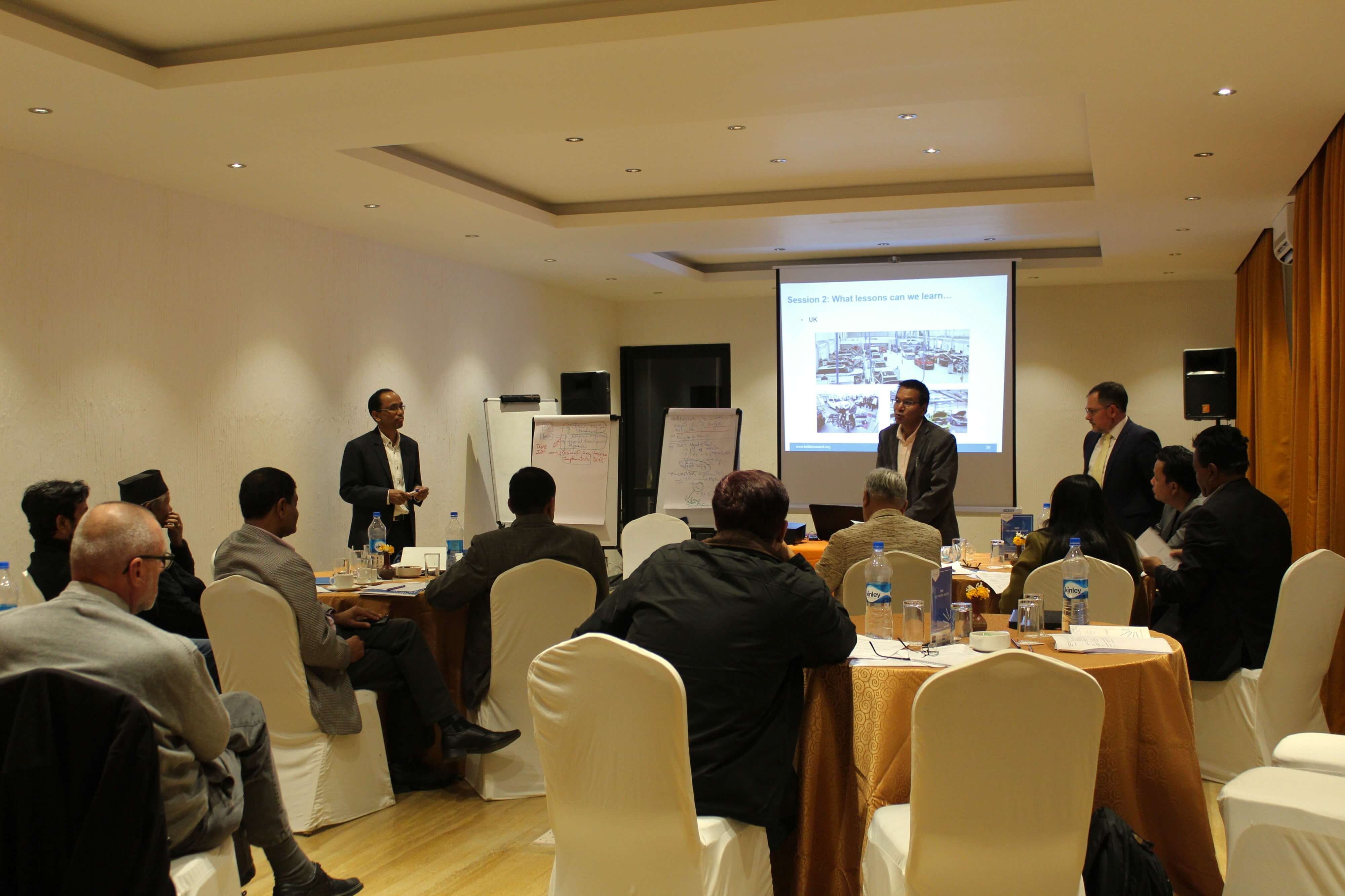 Second residential TVET PPP workshop at Nagarkot
Second residential TVET PPP workshop at Nagarkot
Key Milestone
The key milestone for the Working Group was a recent opportunity to share and provide suggestions for the TVET Task force of the High Level Education Commission, formed by MoEST. In view of the background, rationale, objectives, previous Nepal and regional efforts, major issues and PPP Working group understanding on TVET reform and private sector readiness for collaboration, following suggestions were made by the PPP WG for enhancing Public Private Partnership in TVET, which was taken into consideration and the essence of which was reflected in the TVET Task force report which forms part of the High Level Education Commission Report.
Policy Level
- Ensuring the adequate representation of national business and industry (FNCCI, FNCSI, CNI; sectoral associations such as hotel, contractors, farmers, etc.) in all TVET relevant policy bodies.
- Establishing a dialogue forum for regular exchange between the public and private sector.
Management Level
Establishing Sector Skills Councils based on international practices to establish a legally-mandated forum with the capacity to support government with industry demands in terms of quantity and competence, standards development and the exchange of data and information.
Implementation Level
Meaningful collaboration between both during the training implementation.
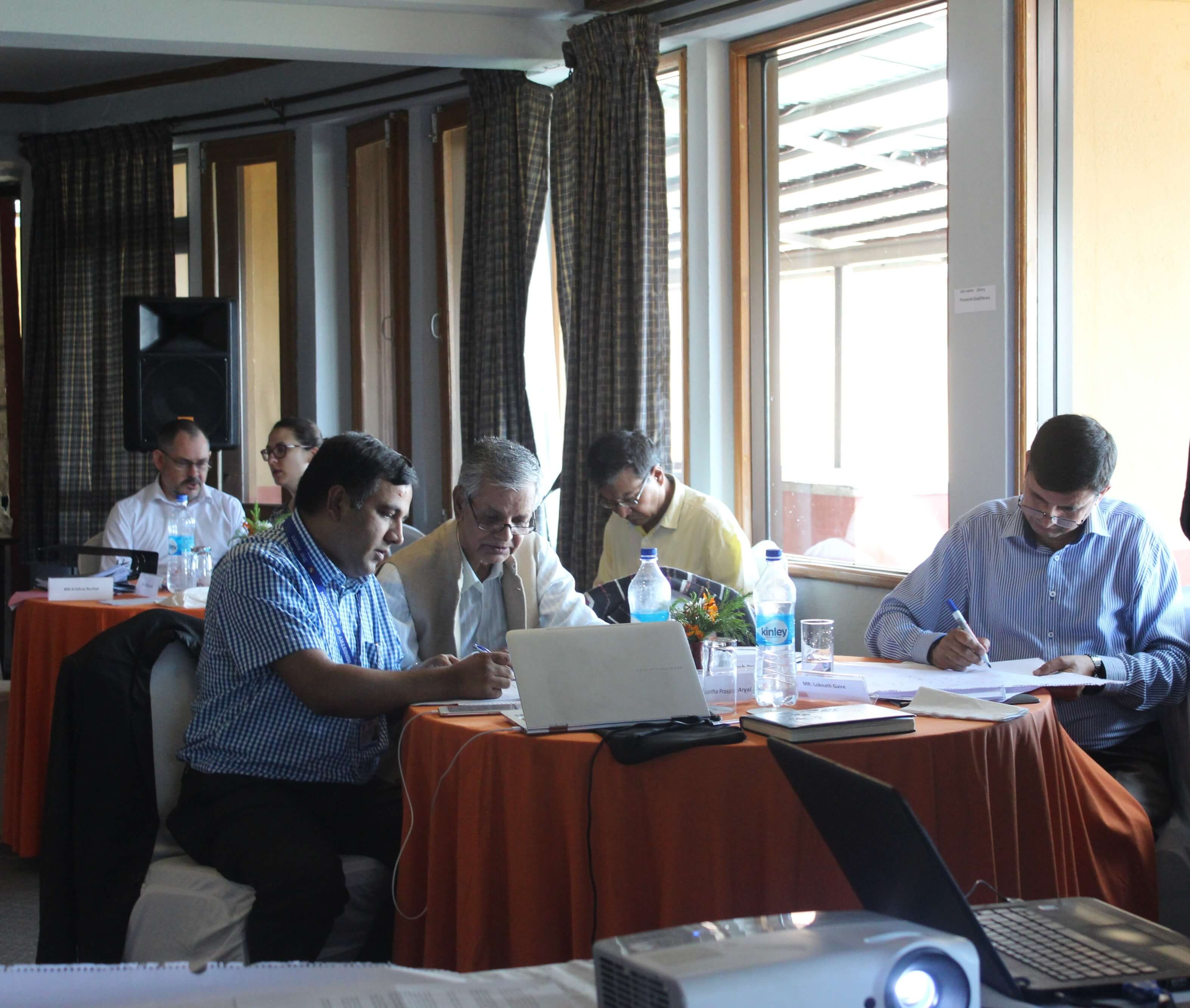 Mr. Baikunta Prasad Aryal (Front left), Joint Secretary, Planning Division, MOEST and Chairperson of the PPP WG during the first residential workshop
Mr. Baikunta Prasad Aryal (Front left), Joint Secretary, Planning Division, MOEST and Chairperson of the PPP WG during the first residential workshop
Next Step
The Working Group will continue to discuss and meet in coming months to define further themes and ensure the usefulness of the Policy Guiding Document. The main aim will be to continue dialogue in order to:
- Identify further thematic elements of the Policy Guiding Document for TVET PPP approaches
- Present a “skeleton” of the Policy Guiding Document of recommended TVET PPP approaches
- Draft the overall structure of the Policy Guiding Document for TVET PPP.




